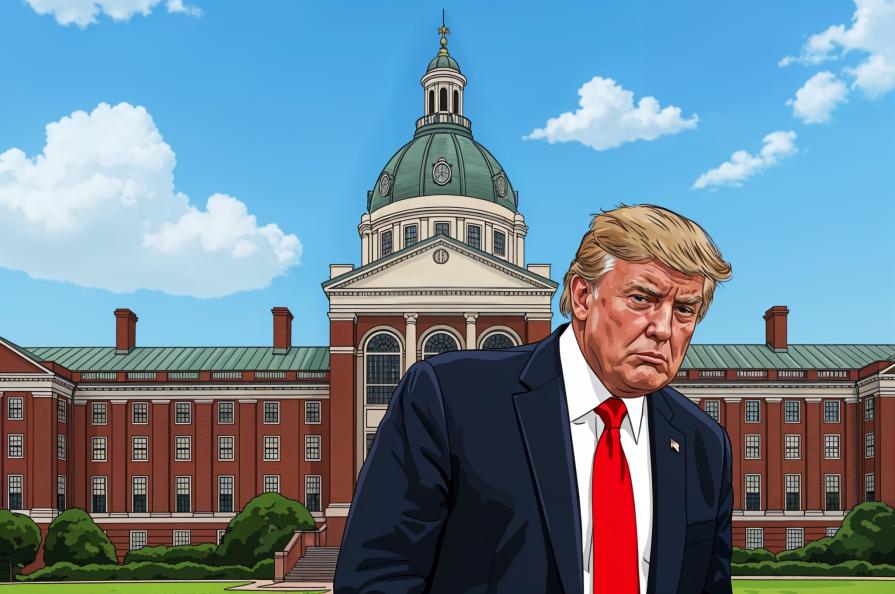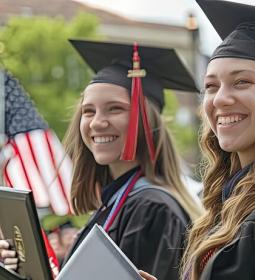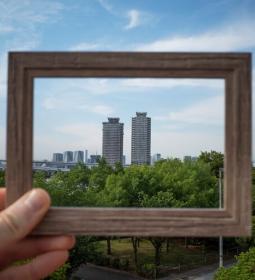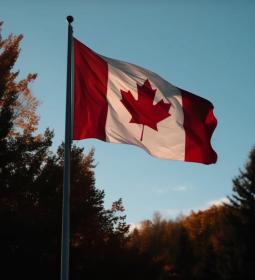The student and academic community around the world is excited by the decision of US President Donald Trump to revoke Harvard University's license to provide international educational services. The public is literally flooded with waves of contradictory information: some write that the US president is attacking freedom of speech and expression, using the full power of the state apparatus. Others claim that Harvard University has rejected legitimate demands by the authorities to release information about students who have committed criminal offenses.
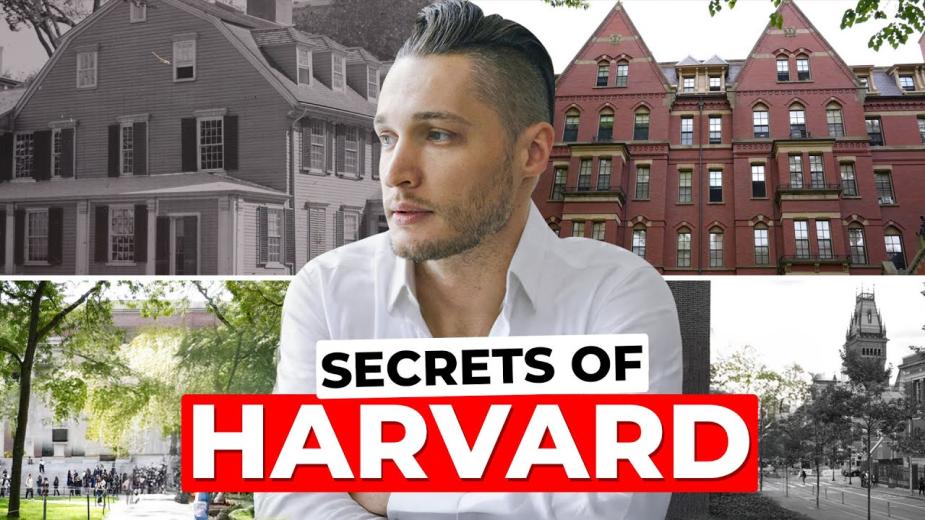
What happened?
On March 22, 2025, the US Department of Homeland Security (DHHD) reset the Harvard University certificate that gave the university the right to accept foreign students. As reasons for such harsh measures, the authorities cited security concerns - they say, the university is not able to provide proper protection for its students on its own. In addition, the university was accused:
- Ideological bias (mainly in connection with DEI practices),
- The lack of consistency in the fight against anti-Semitic statements and actions of individual students and teachers,
- Connivance of left-wing ideology,
- Suspiciously close ties with China.
In addition, the authorities demanded that the university provide them with an extremely wide range of data on foreign students: what courses students attended, information about academic performance, administrative penalties, recordings from student protests, and even internal official and personal correspondence of employees on how they should act in connection with the decision of the administration. The university provided most of what the authorities demanded, but flatly refused to provide video recordings and correspondence. The result was the revocation of the license.
How will this affect students from abroad?
The situation directly or indirectly affected about 7,000 foreign students. In particular, the ban on expats affected the Belgian Crown Princess Elizabeth: the 23-year-old girl has just completed the first year of her master's program and now, like many of her comrades in misfortune, is in limbo.

What should international students do now?
After the license was revoked, the DHHD gave Harvard students three days to reissue documents. Most experts agree that this requirement is impossible, especially since it had to be fulfilled during the holiday weekend. Fortunately, the execution of the decision was suspended by a court order: for students and teachers, this means the opportunity to return to study, although it does not remove other problems.
What did Harvard do in response?
The decision was promptly suspended by a federal judge, after which the DHHD said it would give Harvard University 30 days to prove its compliance with the requirements of the SEWP Student and Exchange Visitor Program (this document allows accepting students and graduate students from abroad). U.S. District Judge Allison Burroughs said on Thursday, May 29, that the court order will be followed by a long-term interim measure (preliminary injunction): this will allow students and teachers from abroad to continue working and studying at Harvard at least until the end of the trial.
By what right does the government dictate to a private university, who can and cannot be admitted?
On the one hand, the US authorities cannot in any way influence the policy of admission of applicants, including foreigners. On the other hand, they don't need it. The fact is that the authorities have enormous power over everyone who comes to the United States from abroad. The Department of Homeland Security has developed a special system for colleges and universities to monitor and coordinate expat enrollment processes. The university not only transmits the necessary information to the state, but also receives it back using the so-called SEVIS - Student and Exchange Staff Information System. But in order to use it, the university must obtain a special license.
How does Harvard use the SEVIS database?
Harvard records information about international students in SEVIS, thereby confirming the fact of enrollment and compliance with the conditions of the received visas. The system is overseen by U.S. Immigration and Customs Enforcement, which is subordinate to the Department of Homeland Security.

How does this affect international students at Harvard?
The termination of access to SEVIS for the university means that all international students at Harvard are subject to immediate deportation. However, such an outcome can be avoided if:
- Trump will reverse the decision,
- The student will change the university within three days,
- The court will issue an interim order (which actually happened).
After completing their studies, international students have 60 days from the end of the program to leave the United States or change their immigration status (for example, by taking up a job).
Students who have not yet completed their studies can stay in the country during the summer holidays, but how the situation will unfold if SEVIS is suspended, whether they will be subject to a grace period, is not yet clear (the Department of Homeland Security has not revoked their student visas, but perhaps only for now).
Why is this story more important than it seems?
Harvard University immediately issued a strong protest against the Trump administration's actions, stressing that efforts to limit the admission of international students violate the basic principles of academic freedom and openness on which American education is built. The university filed a lawsuit in federal court in Massachusetts, demanding to overturn the ban and protect the right to admit students from different countries.
Support for Harvard was expressed by the wider academic community, with many faculty and students organizing solidarity actions and protests, noting that international students make a significant contribution to the development of science and culture in universities. Their departure or restriction of admission can significantly weaken the educational potential of the country.
In addition, the Trump administration's attack on Harvard is not the first and far from the only encroachment on the private university system in the United States. In March, they withdrew $400 million in federal funding for Columbia University, accusing the leadership of "knowingly ignoring" the persecution of Jewish students and violating their civil rights. In response, the university was forced to lay off about 180 employees, mostly engaged in research projects funded by these funds. To restore funding, the Trump administration has put forward a number of requirements, including:

- The suspension of students who participated in pro-Palestinian protests,
- Introduction of a ban on wearing masks during actions,
- Transfer of control over the Middle East Studies Department to an external curator,
- Expanding the powers of campus police.
The university agreed to these conditions, which drew criticism from advocates of academic freedom. Harvard took a different path. Moreover, dozens of small colleges in New England and the Midwest received similar demands in April-May - the renunciation of academic freedom under the threat of freezing grants.
At the same time, it became known that the State Department sent a directive to US embassies around the world instructing them to stop scheduling new interviews for student visas. From now until further notice, in anticipation of the implementation of the new procedure for verifying the social networks of applicants, consular sections should no longer queue applicants for student or exchange visas (F, M and J) for interviews. What kind of information will be verified is still unclear. One thing is known: the new rules can seriously slow down the processing of applications for student visas, which will inevitably affect the income of universities and the costs of applicants.

